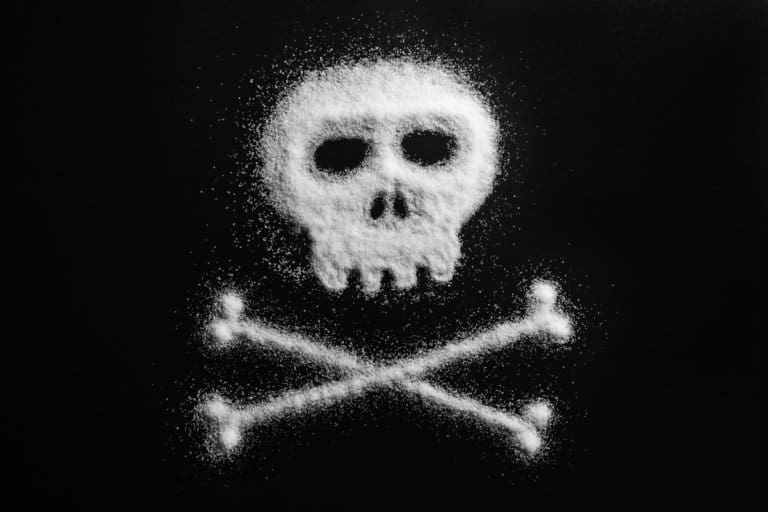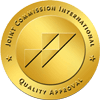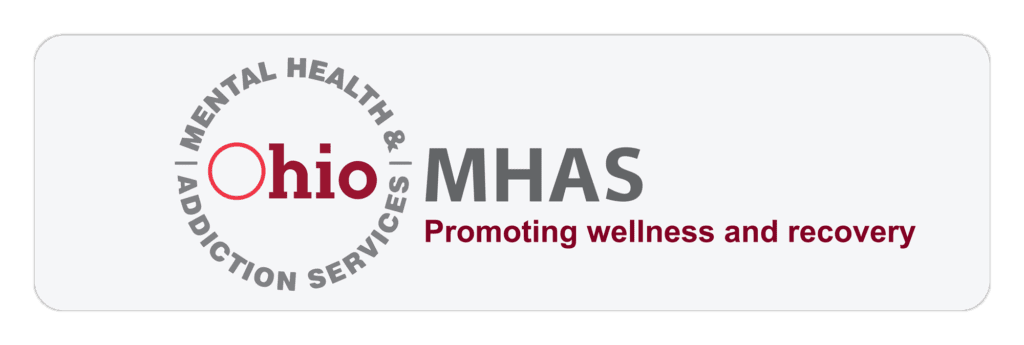Yaba - The Dangers Of Caffeine-Laced Meth
- February 15, 2023
- Prosperity Haven
- Addiction Treatment

Have you heard people talking about fishscale cocaine and wondered “what does fishscale coke mean”? This type of cocaine is not another drug altogether, but is instead particularly high purity cocaine which resembles fish scales. If you or a loved one have recently started using fishscale cocaine, beware. The risks of this drug are higher than standard cocaine due its increased strength when compared with regular cocaine.
Keep reading to educate yourself on all the details of fishscale cocaine, so you can learn how to recognize it and get help for a loved one.
What Is Fish Scale Cocaine?
Fishscale cocaine is a form of cocaine that gets its name from the fact that it appears to be covered in fish scales. It has been around since the early 2000s and is one of the most popular forms of cocaine on the market. Fishscale cocaine typically has a higher purity than traditional forms of cocaine, though it is often cut with other substances to increase its potency.
Fishscale cocaine can be snorted, smoked, or injected. It is much more potent when smoked or injected due to the ease of absorption into the bloodstream. When smoked, fishscale cocaine is combined with bicarbonate of soda and turned into crack, then smoked in a crack pipe. When injected, fishscale cocaine is dissolved in water and then injected directly into a vein.
Fishscale cocaine has become increasingly popular among recreational drug users due to its potency and availability.
The effects of fishscale cocaine can vary depending on the purity and dosage. When snorted, smoked, or injected it can produce an intense high that lasts anywhere from minutes to hours. This high often includes increased energy and alertness as well as feelings of euphoria. In addition, users may experience increased heart rate, blood pressure, and body temperature. Long-term use of fishscale cocaine can lead to serious health problems such as stroke, heart attack, and kidney failure.
What Does Fish Scale Coke Look Like?
It is named after its resemblance to the glimmering scales of a fish, which can be seen when looking at it in light. It typically has large chunks or flakes that are off-white or slightly yellowish in color. The texture is usually very smooth and powdery, and its purity is usually much higher than other forms of cocaine.
How Fish Scale Cocaine Is Made
Usually, fish scale cocaine is made in the same process as regular cocaine. The only difference is that less cutting and bulking agents have been added to it, though it has probably been extracted from coca leaves using carcinogenic chemicals.
Cocaine is sometimes made to look like fish scale cocaine by including additives like boric acid, an acid that is used as an antiseptic and insecticide, and levamisole, a chemical that is used for parasitic worm infections. Both of these can be dangerous when ingested.
Dangers of Fish Scale Cocaine
When it comes to cocaine, any form of the drug is considered very addictive and can cause serious health risks. Fishscale cocaine is no exception. Not only is fishscale cocaine more potent than regular cocaine due to its higher purity levels, but it also has a greater potential for abuse and addiction.
The risks associated with using fishscale cocaine are the same as with using regular cocaine, and they can be even more serious due to increased potency. Here are some of the dangers that may come with using this drug:
Increased Risks of Overdose
Because fishscale cocaine is so potent, users often underestimate how much to take in order to get high. This puts them at greater risk of overdosing, which can be fatal.
Increased Risk of Health Risks
Fishscale comes with an increased risk of heart and cardiovascular problems due to its potency.
Increased Risk of Mental Health Issues
Cocaine use in general has been linked to an increased risk of mental health issues such as depression, anxiety, and psychosis. The higher purity levels of fishscale cocaine can increase the likelihood of these issues developing.
Increased Risk of Addiction
Fishscale cocaine is highly addictive. The high associated with the drug is short-lived, but can be so intense that users may feel compelled to keep using in order to achieve it again. This can quickly lead to an addiction developing.
The risks associated with fishscale cocaine make it clear that this drug should not be taken lightly. Anyone who is struggling with an addiction should seek professional help as soon as possible.
How To Get Help For A Cocaine Addiction
If you or someone you know is struggling with an addiction to cocaine, there are resources available that can help. The first step is to seek professional help from a healthcare provider. A physician or mental health therapist can work with you to create a personalized treatment plan which may include medication, therapy, support groups and other therapies designed to promote recovery.
Inpatient treatment is ideal for individuals struggling with severe addictions, as it provides a safe and structured environment designed to facilitate healing. An inpatient program can last anywhere from one week to multiple weeks or months depending on the severity of the addiction and may involve medical supervision, counseling, support groups, and other therapies. In addition to providing an environment for recovery, inpatient treatment also provides individuals with a chance to develop healthy coping skills and build a strong support network.
Outpatient treatment is another option for those looking to recover from cocaine addiction. Outpatient programs are typically less intensive than inpatient programs and may involve attending counseling sessions and support groups weekly or bi-weekly. Outpatient programs may also incorporate medication, lifestyle changes and other therapeutic activities.
In addition to seeking professional help, there are some other steps you can take to support your recovery. First, it is important to avoid triggers like people or places associated with using cocaine. It is also important to stay away from any friends who use drugs or alcohol, and to seek out supportive people who can help you stay on track with your recovery. Additionally, participating in activities that promote healthy living such as exercise, yoga, meditation and journaling can be beneficial in the recovery process.
Remember that addiction is a lifelong battle and it takes time for recovery to take place. Be patient with yourself and know that you’re not alone. There are many addiction recovery organizations, support groups and online resources available to help you on your journey. Seek out a supportive community of people who can provide encouragement and guidance. With the right cocaine addiction treatment plan and ongoing support, it is possible to find freedom from cocaine addiction.
If you or a loved one is taking cocaine in any form and cannot stop, it is time to get help. Cocaine abuse can kill and cause permanent mental and physical health problems.
For more information on how you or a loved one can break free of cocaine addiction, contact us today.
YOUR NEW BEGINNING
STARTS HERE
Take the First Step and Reach Out Today






